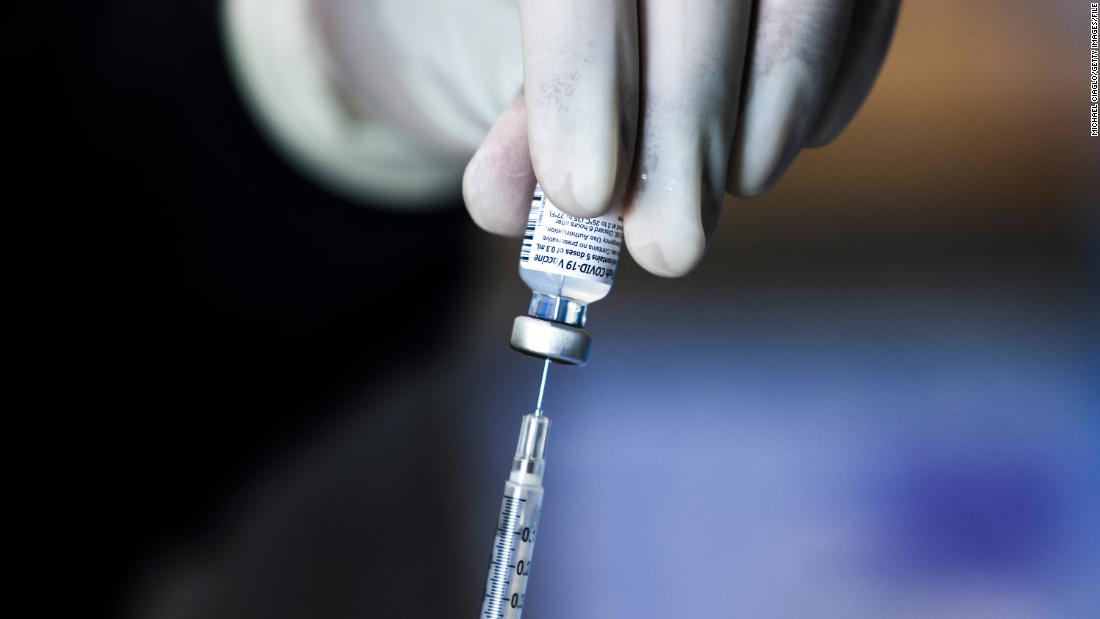
Scammers promise early access to vaccines or even a personal shipment of vaccines, of course, at a cost. But their offers are not legitimate and scammers could end up with their exposed personal information and stolen money without ever having to receive the vaccine.
Summary: If you receive communications about vaccines that appear heavy, check with your local health department. Do not provide personal information, such as bank account information or Social Security number, when requested by someone you do not know; no health department or vaccination site would require this information to give you the vaccine. And you only need to get vaccinated at authorized vaccination sites.
You will not have to pay to receive the Covid-19 vaccine when it is given. If you are asked to pay for or provide private information, it is not legitimate.
SCAM: Early access is offered for a fee
If you receive an offer to get your Covid-19 vaccine early for a fee, ignore it. No health department or vaccination site would vaccinate someone earlier than planned if they paid for it.
SCAM: You are asked to pay to put your name on a waiting list
SCAM: You are asked to schedule appointments through unverified platforms
Unless you are sure that your local health department is scheduling vaccine appointments on Eventbrite or similar platforms, you should avoid registering through sites not affiliated with your health department or pharmacy.
It is best to make an appointment through the health department or local pharmacy.
SCAM: You are asked to pay to send you the vaccine
Vaccine distributors do not send doses of the vaccine to people and you should not administer it. You only need to get a vaccine at authorized vaccination sites that you can find through your state health department or the CDC.
SCAM: You are required to undergo additional testing before receiving a vaccine
How to avoid being scammed
Staying alert and informed is the best way to prevent scammers from accessing your money or private information.
It is best to contact your healthcare provider directly to get the facts, rather than interacting solely with an unknown person via email or text messages. A legitimate source is unlikely to ask you to pay for a vaccine or visit a problematic link.
If an unknown source asks for your Social Security number, bank account information, or insurance ID, don’t give it to them unless you’ve verified their identity with an official source, such as your health department. or your healthcare provider.
There are some places where you can report vaccine scams:
- ReportFraud.ftc.gov from the Federal Trade Commission, which shares information with law enforcement
- The FBI advice line, at tips.fbi.gov or 1-800-CALL-FBI
- The HHS Office of the Inspector General, at tips.hhs.gov or 1-800-HHS-TIPS
- The Better Business Bureau scam locator